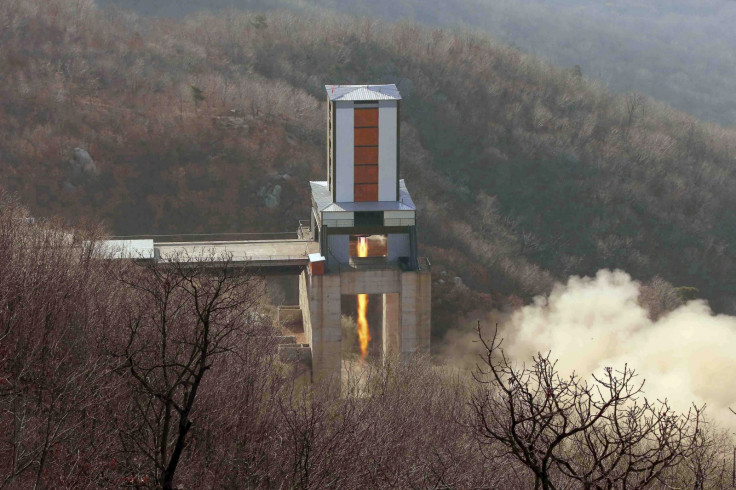South Korea says anti-missile defence system cannot be delayed in the wake of North's nuclear threat
China raised objections to the deployment saying the anti-missile system's radar could penetrate its territory.

South Korea's acting President Hwang Kyo-ahn said on Monday, (23 January) that the deployment of a US anti-missile system cannot be delayed in the wake of a North Korean nuclear missile threat.
"North Korea has been expanding its nuclear capabilities and developing the technology to create nuclear weapons. They are also miniaturizing nuclear weapons. Right now is not the time to talk to try to resolve North Korea's nuclear issues," he said.
The deployment of the Terminal High Altitude Area Defense (Thaad) system is to protect South Korea from the North's nuclear and ballistic threats, Washington and Seoul said.
However, China raised objections to the deployment saying the anti-missile system's radar could penetrate its territory.
Responding to China's concern, Hwang said, "The relationship between South Korea and China was not made in a day. We have engaged in diverse cooperation since the beginning of our diplomatic ties," and added that while there were some concerns, they needed more time to address them.
The finance and trade ministers of South Korea speculated that Beijing was taking steps against Thaad but have not addressed the issue directly.
North Korea has conducted a series of missile and nuclear tests in spite of UN sanctions. A conflict between Pyongyang and Seoul between 1950 and 1953 ended in a truce and not a peace treaty, which means they are still technically at war, Reuters reported.
© Copyright IBTimes 2025. All rights reserved.





















